Many people view wetlands as nothing more than abandoned wastelands. After all, we can’t build houses or factories on top of marshes and ponds, and we can’t plant crops on swamps and bogs.
Truth is: Wetlands are the unsung heroes of our natural world. In honour of World Wetlands Day, we’d like to shine some light on the important role that wetlands play in our lives and the lives of wildlife.
Just how important are Canada’s wetlands? Let’s take a look.
Wetlands act like giant sponges. They store water from snow and rainfall, then let it out when things get dry.
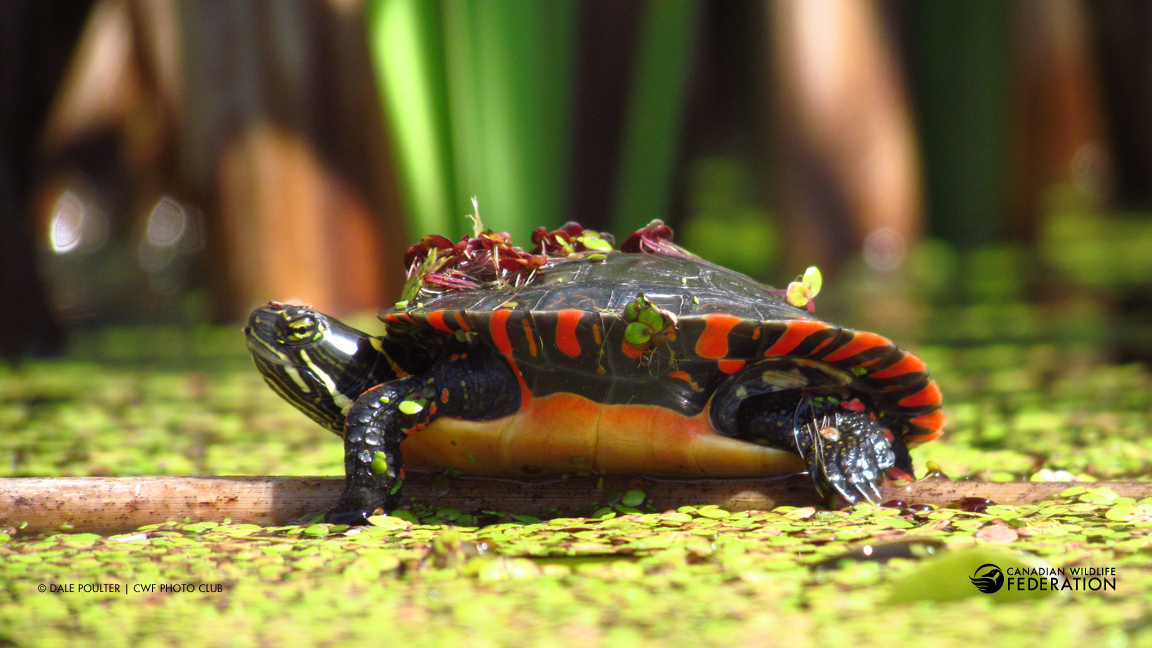
As a result, wetlands help reduce floods and ease the worst effects of drought. Ponds and marshes reduce the risk of erosion during rainy times, and help keep soil moist during dry times.
Without wetlands, we would no longer have a ready supply of fresh drinking water.
Much like our kidneys, wetlands help filter sediment and toxins out of our lakes, rivers and streams. Plants and animals living in a marsh break down sewage and many chemicals, leaving clean soil and water behind.
A variety of fish, birds and other animals rely on wetlands for food and shelter.
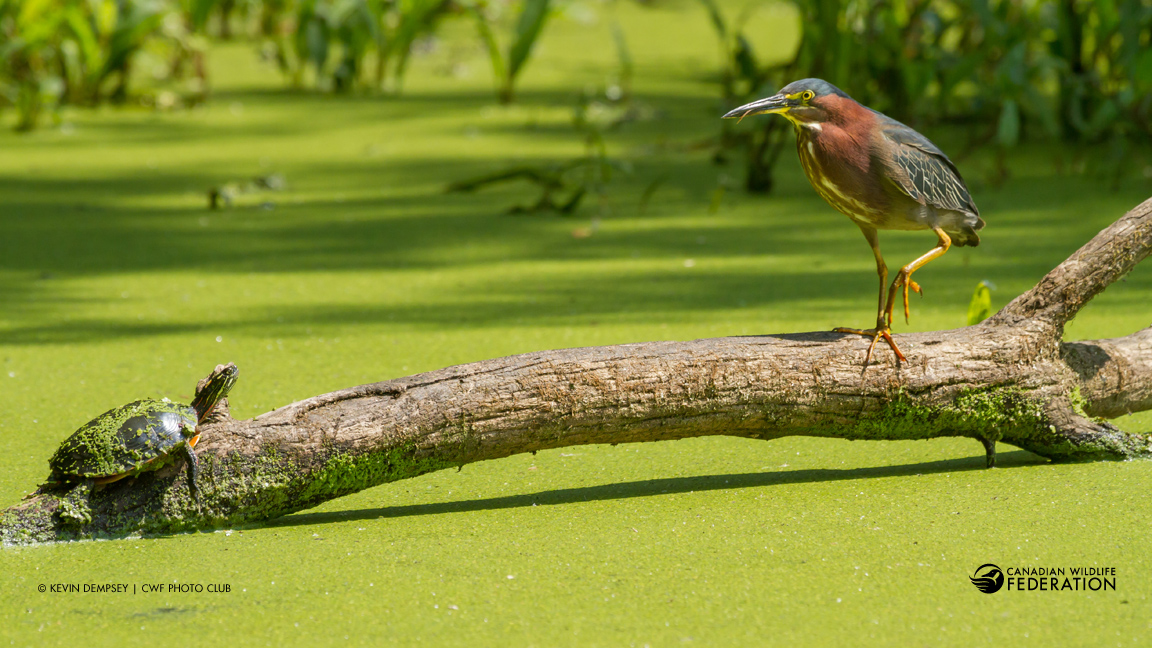
Marshes, ponds, bogs and swamps are home to a rich variety of wildlife for all or part of the year. Without them, some species would disappear.
Wetland ecosystems provide habitat for many unique plants and animals. They act as spawning grounds for many fish species and offer great nesting, foraging and concealment opportunities for reptiles, amphibians, waterfowl and many other birds, insects and small and large mammals alike.
Canada is home to almost 25 per cent of the world’s wetlands (more than any other country).
We rely on wetlands for recreation
Wetlands are serene areas, perfect for enjoying nature, bird watching, hunting, fishing, canoeing or kayaking. These activities help float local economies too, adding to the list of reasons wet areas are important.
Consider the value of canoeing silently through the reeds on a misty spring morning, or the sight of Canada geese splash-landing on a marsh during a crisp fall sunset. Canada’s wetlands are surely one of its most valuable resources.
Loss of wetland habitat
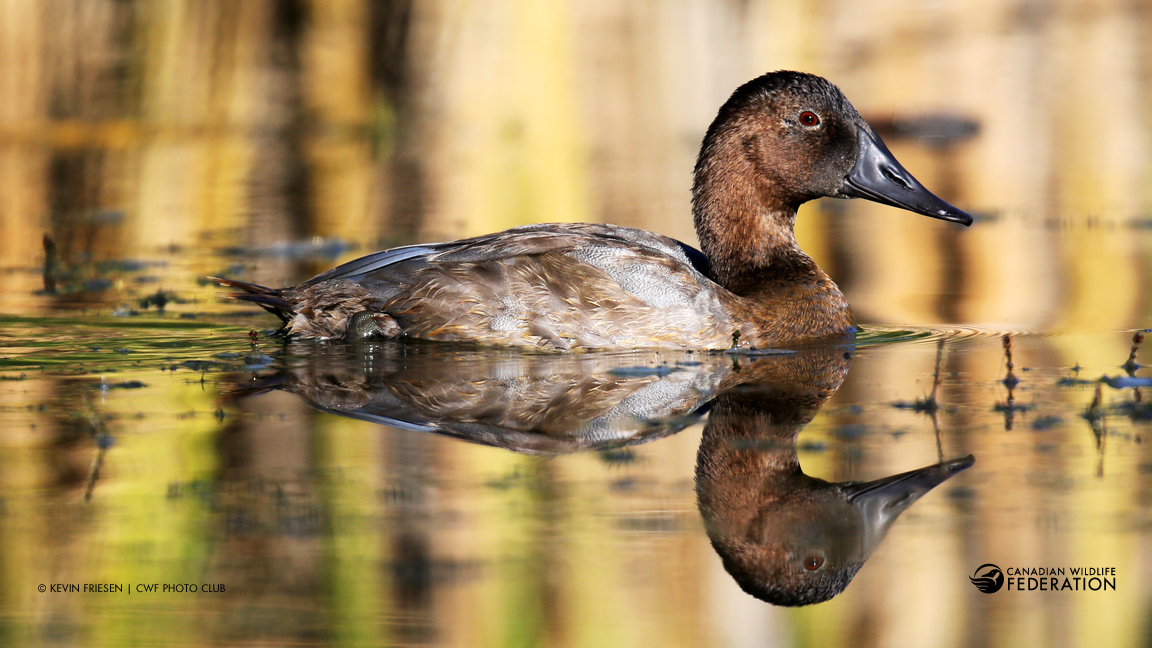
In the past, wetlands were regarded as unproductive areas, sites where disease festered and insect pests multiplied. And so these areas were drained and filled for agriculture, development of infrastructure, housing and roads. More recently, the importance of wetlands has been brought to our attention and the misconceptions have been cleared. With continued development, the rising price of land and construction of cottages in wetland areas, wetland habitat loss continues. Pollution, invasive species, unsuitable drainage ditches, peat extraction and severe drought all threaten wetlands.
What can you do?
The first step in conserving our wetlands is understanding why they are important, so thanks for taking the time to read this article. If you feel passionate about wetland conservation, there are a few things you can do to help make a difference.

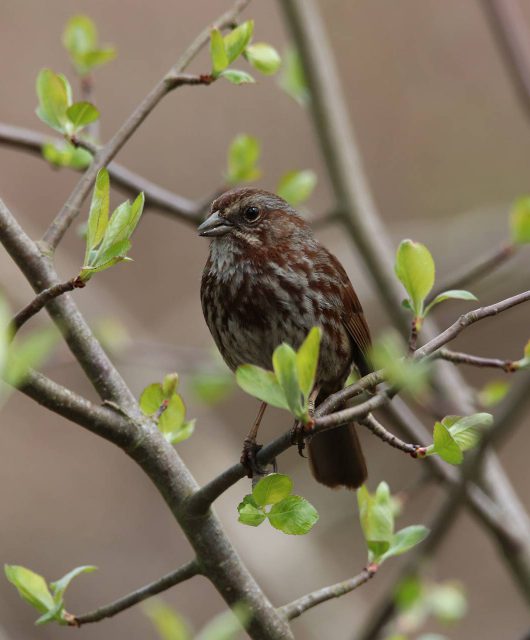
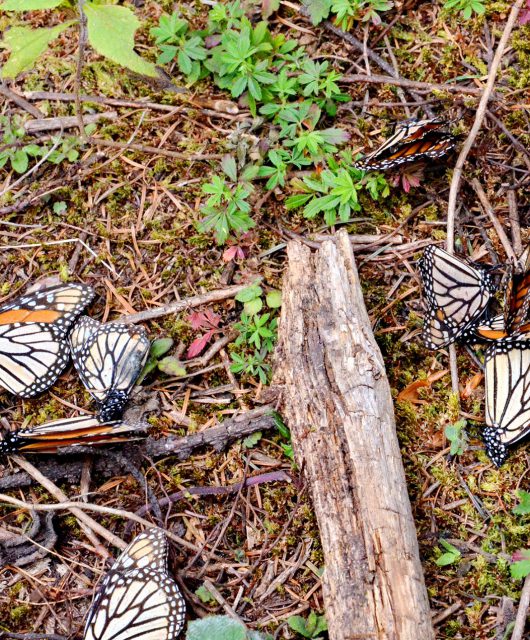
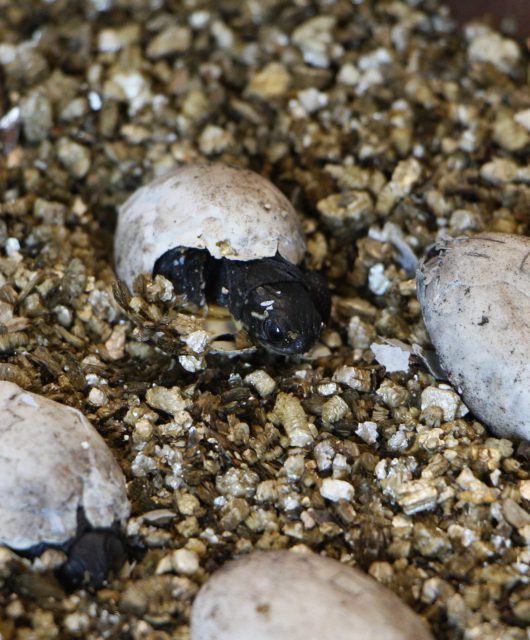
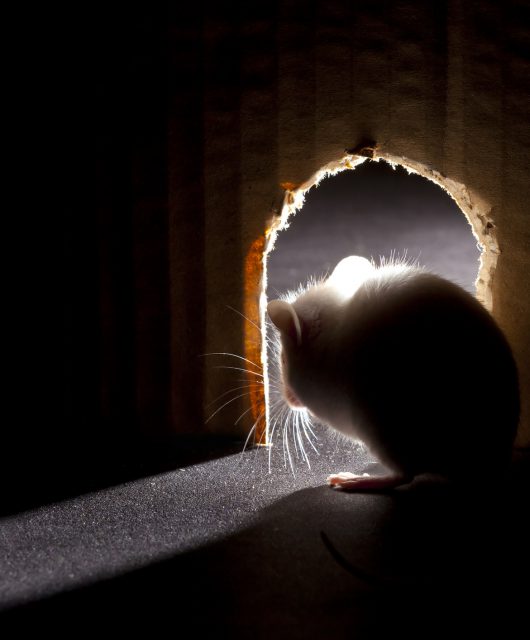
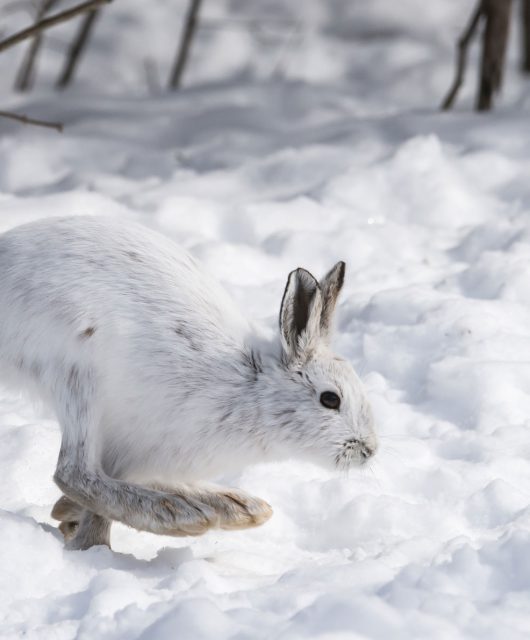
4 comments
So true we all have to help we have to make our voices known to town hall!
True, wetlands are more important than we think. Very informative post!
WHATS THE NAME OF THE PHOTOGRAPHER WHO TOOK THE IMAGTE PLEASE
Hello
Do you mean the main image of the wetland? That was an image we secured from Getty Images, I believe. The other images have the names of the photographers embedded on the image. Thank you!